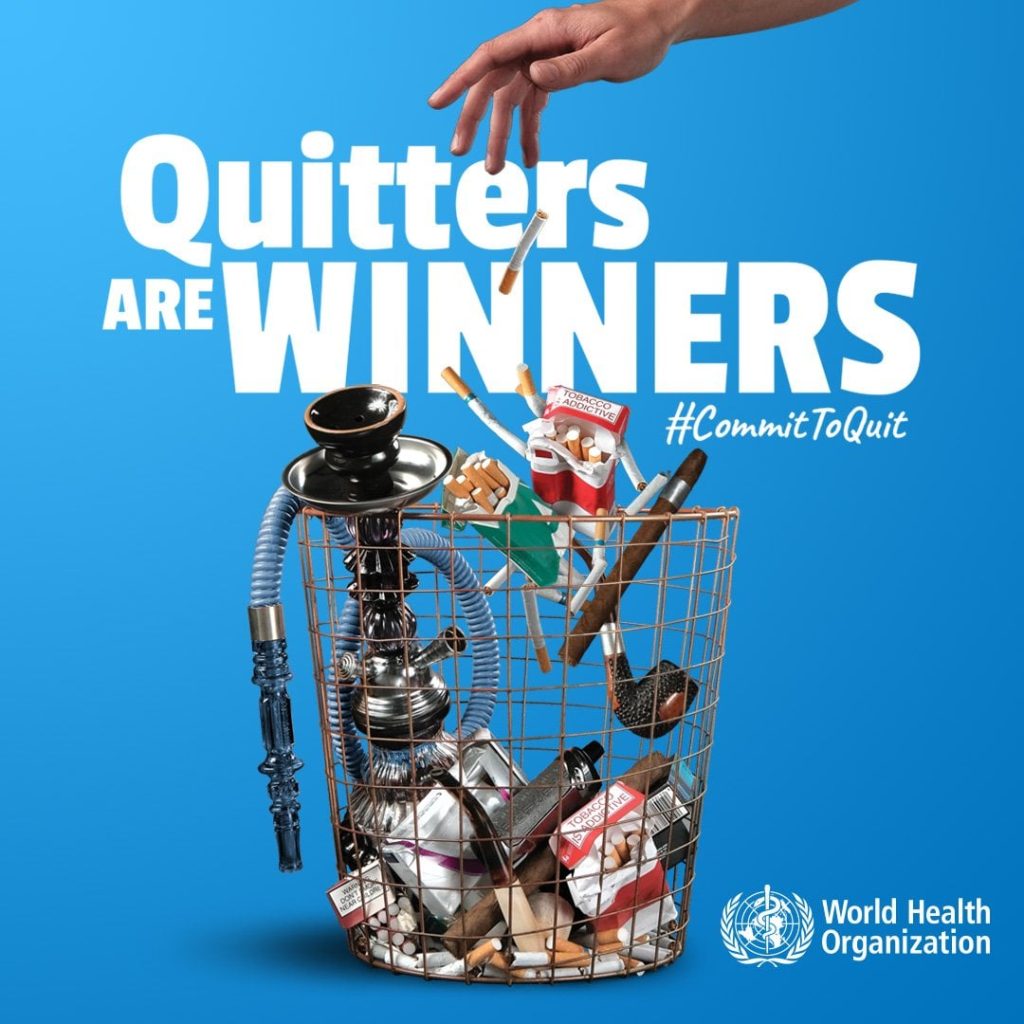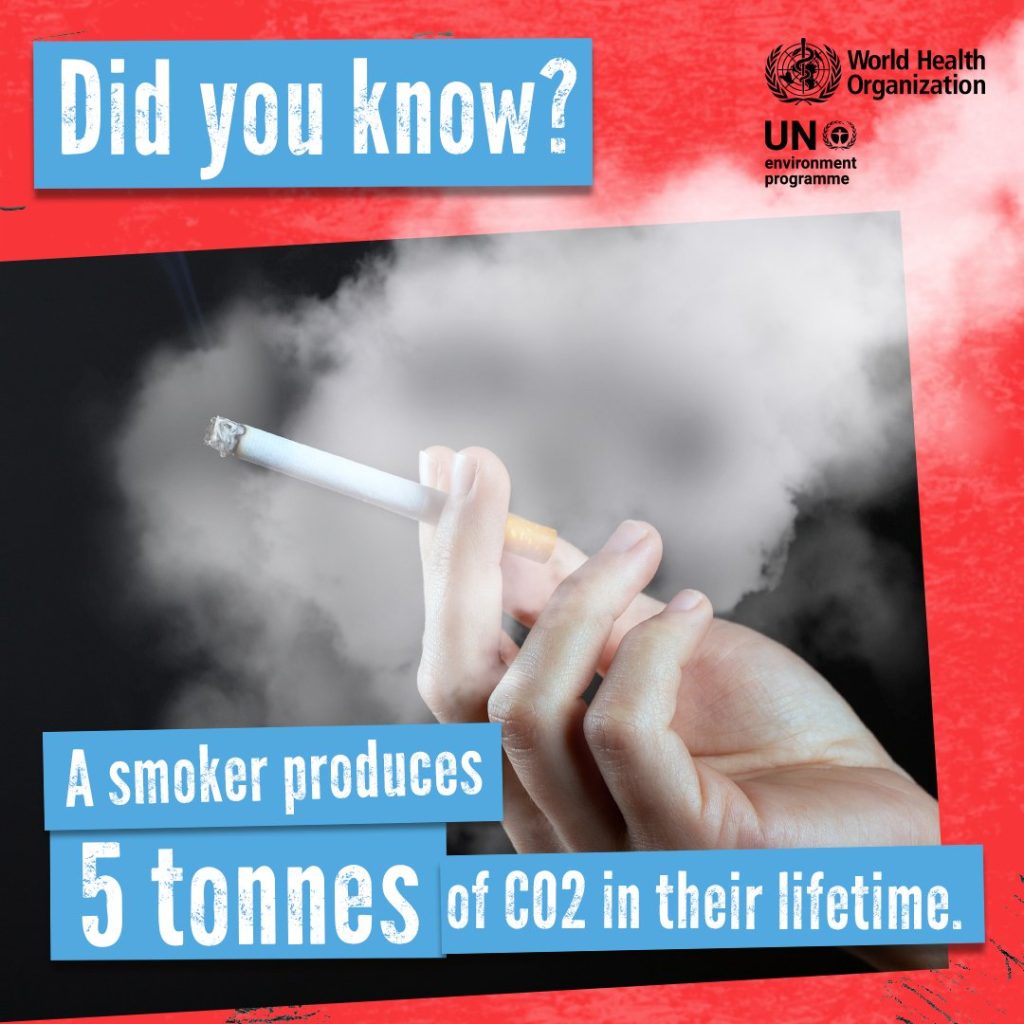Quit Smoking for a Healthy Smile: World No Tobacco Day
There are many reasons to quit smoking but improving your dental health and your smile are important ones, according to Australian Dental Foundation chairman Dr Greg Miller.
On World No Tobacco Day (May 31), Dr Miller said he was alarmed to hear that Australia might not meet its target of reducing smoking to 5% of adults by 2030, according to the Daffodil Centre, a joint venture between Cancer Council NSW and the University of Sydney.
“Smoking increases dramatically your risk of cancers of the mouth and gum disease but these things can seem remote to young people who sometimes feel invincible.”
“So, I appeal to their vanity: smoking will make your teeth yellow, make your breath unpleasant. Young people are very keen to have white teeth and beautiful smiles… smoking will do the opposite,” Dr Miller said.
It is well known that tobacco smoking is associated with many negative health effects. It can also affect the mouth, gums and teeth in many ways:
- The tobacco and nicotine in cigarettes can cause the teeth to become stained and yellow and cause bad breath. Smoking can also affect your ability to taste foods and drinks.
- Smoking is associated with a greatly increased risk of developing severe gum disease, known as periodontitis, as well as bone loss and other periodontal diseases.
- Smoking affects wound healing. After oral surgery, such as a tooth extraction, smoking increases the risk of a painful dry socket developing.
- Smoking can affect how much saliva your body makes. A decrease in the amount of saliva or means your teeth are less protected from decay and erosion.
- Oral cancer is two times more likely to develop in people who use tobacco compared to those who do not. This includes tobacco that is smoked and chewed.
- Drinking alcohol and smoking at the same time can increase your risk of oral cancer even more than each alone. Tobacco use and alcohol consumption cause about 75% of oral cancers.
“It’s not a pretty picture,” Dr Miller said. “I encourage smokers to think about these risks they might not have considered before and make a plan to quit.”
“And for those who are smoking still, please do your best to look after your mouth and your teeth by brushing, flossing, eating less sugar and getting six-monthly dental check-ups.”


 Select Committee into the Provision of and Access to Dental Services in Australia
Select Committee into the Provision of and Access to Dental Services in Australia